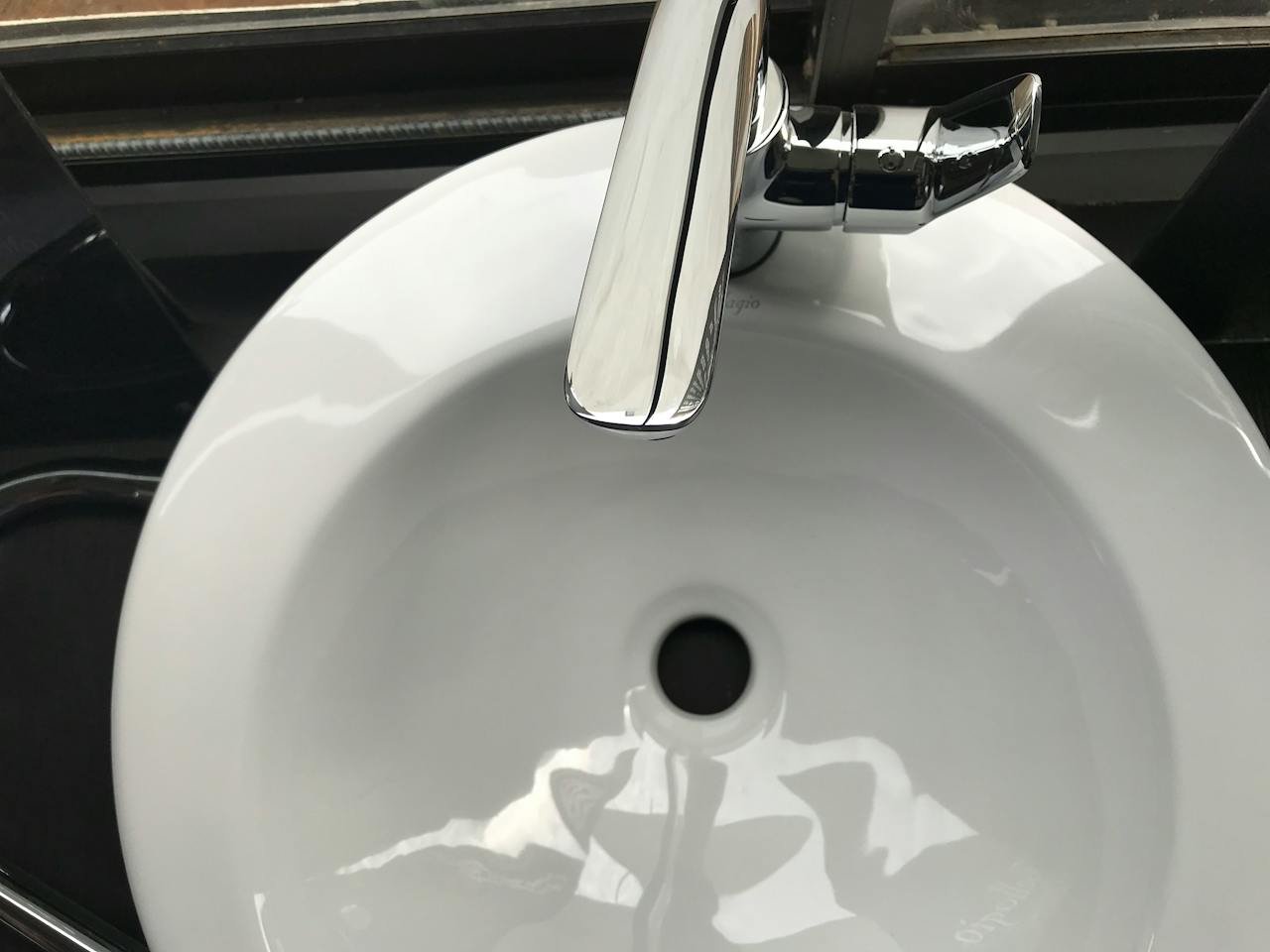Understanding Well Pump Efficiency
If a pump needs more power than it should due to lowered efficiency, it will not only cost more in electricity bills and repairs but also harm the environment by increasing its carbon footprint.
While the water from a residential well is free—since the house doesn't receive a water bill—the system that provides it still costs electricity to run and needs maintenance. Keeping the well pump running efficiently ensures it provides maximum value. An inefficient pump likely has an underlying issue that needs to be solved to lower running costs.
The importance of pump efficiency
An average well pump can use as much as 1,200 kWh of electricity monthly. This can increase the electricity bill by far more than it would cost to get municipal water (if available). Well pumps use almost as much power as space heaters and air conditioning and will likely be among homes' top three electricity spenders.
If a pump needs more power than it should due to lowered efficiency, it will not only cost more in electricity bills and repairs but also harm the environment by increasing its carbon footprint.
An inefficient well pump could also point to an underlying issue with the system. The longer the problem stays, the less efficient the pump and the costlier the repair bill.
Here are some key signs that a well pump is inefficient:
Decrease in water pressure
If the water fixtures in the home show signs of decreased water pressure, then this is a good indicator that the pump is not running efficiently. A leak in the system most commonly causes this issue.
Repeated pump cycling
A good pump turns on and off almost rhythmically to fill the water tank and keep the supply high. Its cycling should be predictable and start only when there's a water demand. However, if the pump works more often during the day and turns on at times when it shouldn't, this could indicate a drop in efficiency. An issue with the pressure switch commonly causes this problem.
How to improve pump efficiency
Regular maintenance and mindful water use are two main ways to improve a well pump's efficiency.
Here's what you can do:
Inspect the well pump for leaks
Conducting a visual inspection of the pump will help identify any leaks in the system. A leaking pump will work much harder to compensate for the decreased pressure and drive up energy consumption.
A significant leak may cause the pump to run continuously to try and compensate. A pump that runs even when not needed will result in massive energy consumption and staggering running costs. Once discovered, one should address this problem immediately by speaking with a professional.
Check the pressure switch
The well pump pressure switch signals the pump to turn on and off as required. Inspect the pressure switch for any visible damage or signs of corrosion and test it by switching it and seeing how the pump behaves. The switch might not work properly if the pump takes too long to power up or shut down.
Monitor water usage
A water pump can deliver only so much water. So, overloading it with a higher demand will cause faster wear and tear. Therefore, a larger household should use low-flow toilets and stagger showers to prevent sudden bursts of water demand.
Additionally, check the plumbing system for leaks. A leaking toilet will constantly refill and strain the pump.
Finally, if the devices in the house are outdated, consider upgrading them. Modern washing machines, dishwashers, and even water heaters all use less water and electricity.
Schedule servicing
Having the well pump serviced by an expert is ideal for understanding if the pump is inefficient. The well system needs regular maintenance, at least once yearly, to ensure that small problems are resolved in time.
Pump Repair Services provides residential and commercial well pump repair, transfer pump repair, and custom water treatment system services in the Orlando area. (Sorry, no pool pumps or sewer pumps.) We offer 24-hour emergency service. Call us to learn more.

